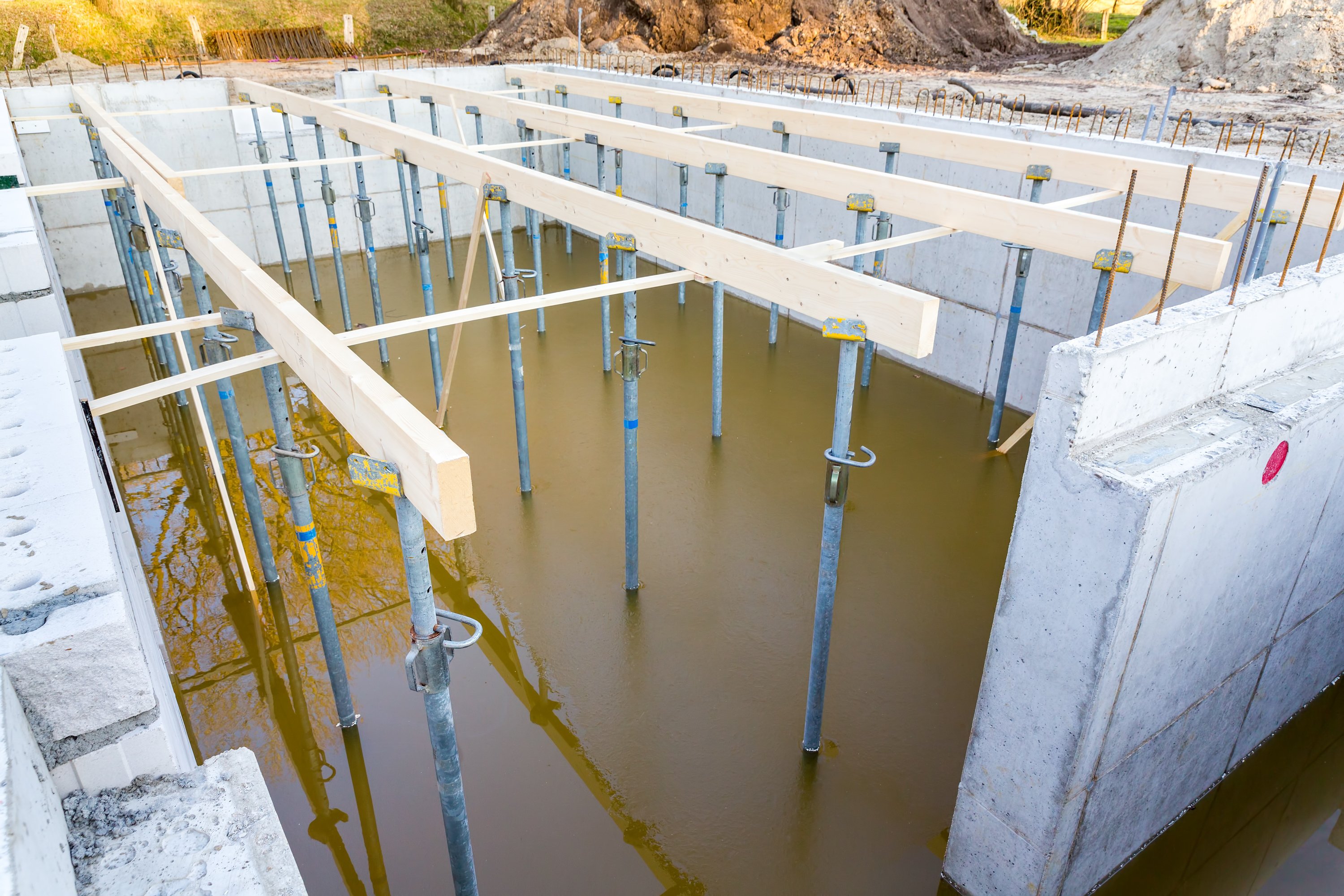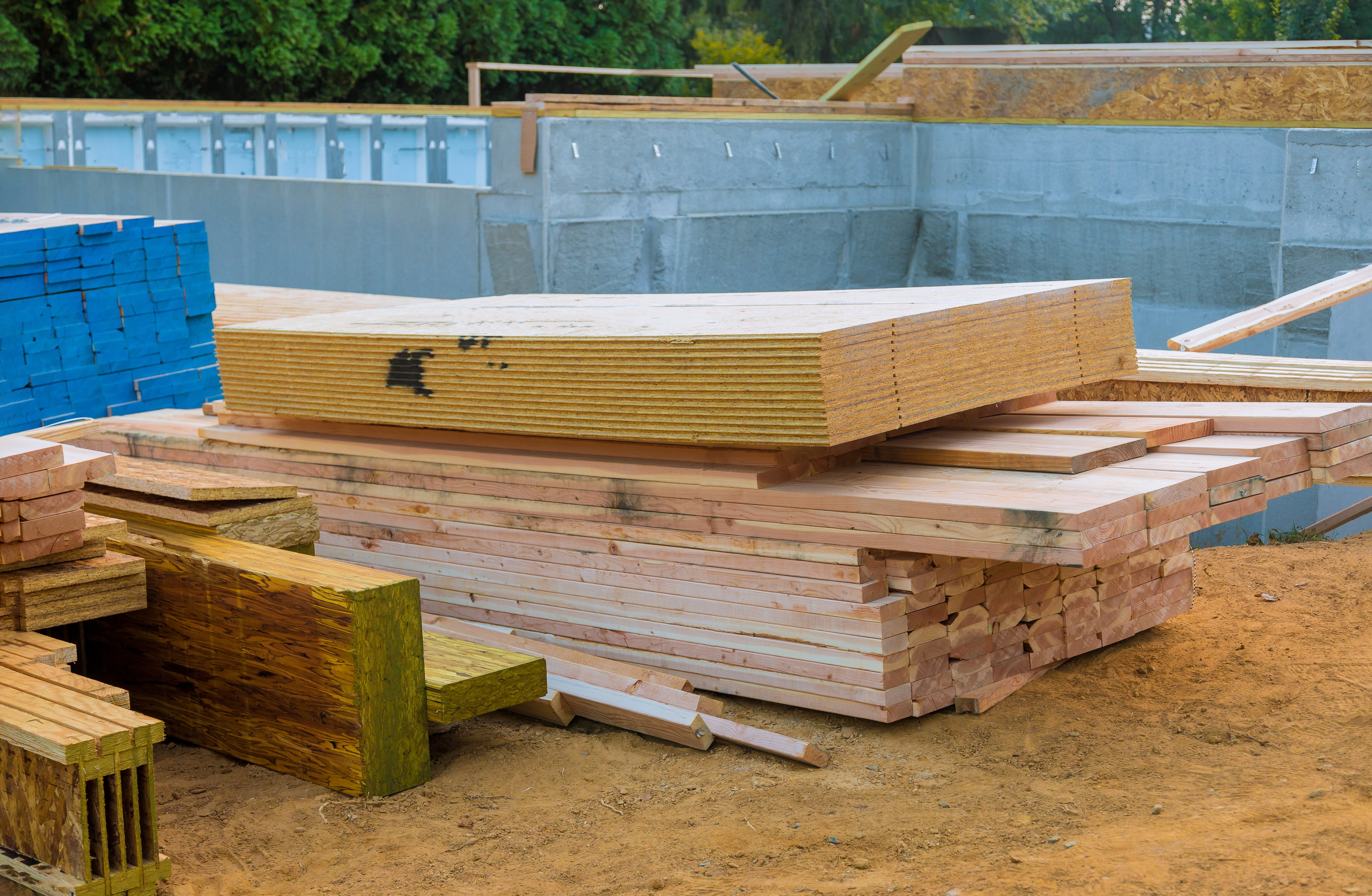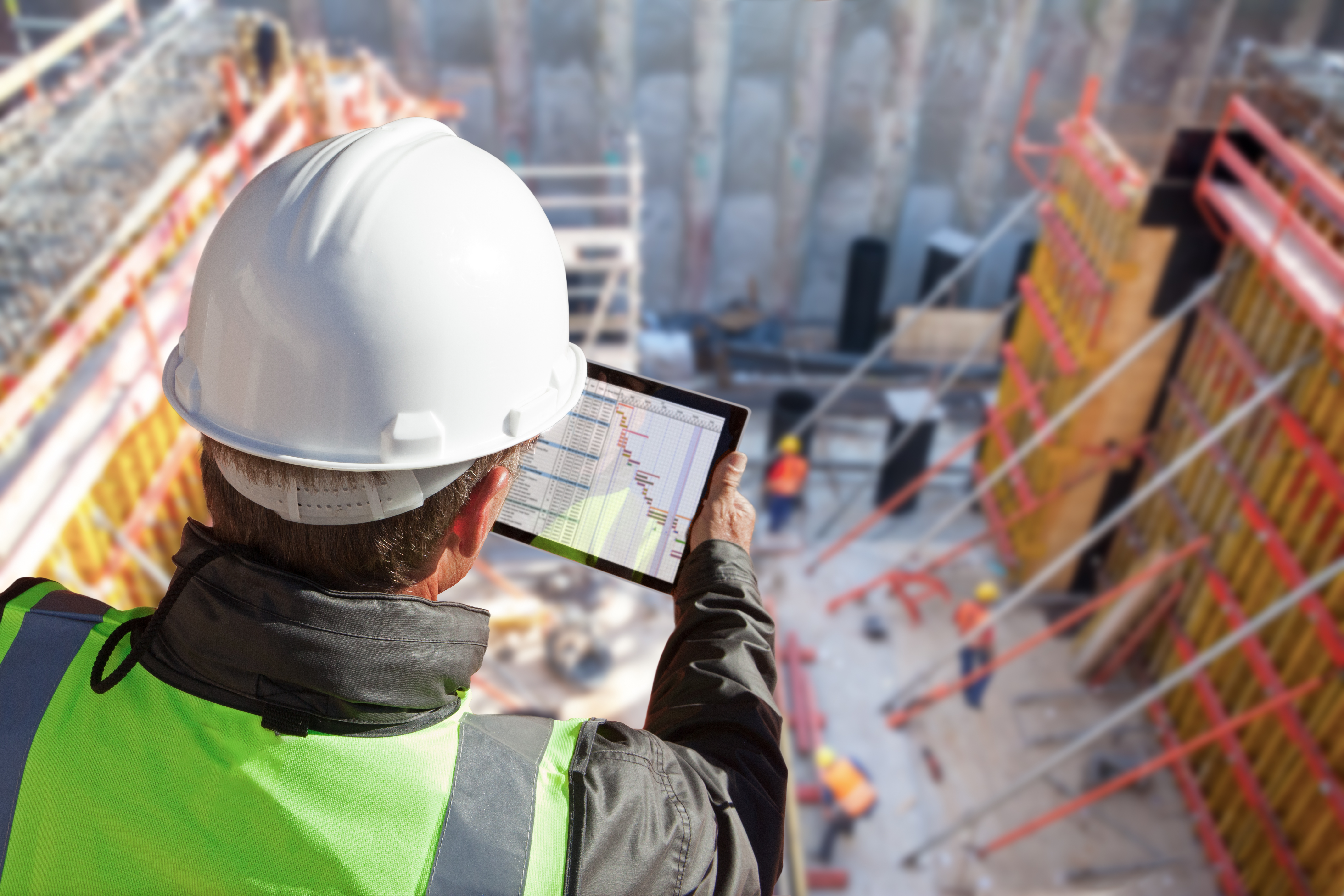Updated December 2025
Construction project management focuses on shepherding a building project from beginning to end, always with an eye on budgets and timelines. It encompasses everything from resource allocation and scheduling management to risk assessment and cost control.
If you’re considering a career in this field, you probably have a few questions, like: What are the day-to-day responsibilities of construction project managers? How do they help get things built? And what skills do you need to thrive in this role?
That’s what we’re focusing on in this post. Keep reading for an in-depth look at what is construction project management.
TABLE OF CONTENTS
- Duties of a Construction Manager
- Construction Project Management Processes
- Construction Management Stages
- Where Can a Construction Manager Work?
- Skills of a Construction Manager
DUTIES OF A CONSTRUCTION MANAGER
Construction managers are responsible for coordinating all aspects of a building project. They’re in charge of ensuring that the project stays on schedule, keeps to the budget, and meets specified standards.
Their typical duties include:
- Creating cost estimates and budgets
- Developing construction schedules and keeping tabs on progress
- Negotiating contracts with subcontractors and vendors
- Procuring building materials
- Preparing status reports and communicating with stakeholders
- Overcoming roadblocks and delays that may arise during construction
- Coordinating with architects, engineers, project owners, and others
- Ensuring that all project activities comply with building codes and safety regulations
 Construction managers are often in charge of negotiating contracts with subcontractors
Construction managers are often in charge of negotiating contracts with subcontractors
CONSTRUCTION PROJECT MANAGEMENT PROCESSES
The Project Management Institute (PMI) created a model that outlines the five basic processes a typical project goes through: initiation, planning, execution, monitoring and control, and closing. Here’s how they apply to a construction project.
Initiation
The initiation process is about getting a high-level view and understanding of the project’s scope in order to define goals and show what value the project will bring. It includes all the activities the team must undertake before the project can get the green light.
At this point, you need to consider questions like: How much space will the building take up? How many rooms does it need to contain? Who will be using the space? What’s the purpose behind the project? Is it worth doing?
You may need to conduct a feasibility study to see if the project goals can be met given the constraints. Feasibility studies encompass things like zoning laws, traffic issues, and environmental impacts.
Once everyone agrees that the project should proceed, the planning phase begins.
Planning
Now it’s time to get specific about tasks, milestones, and resources. In construction planning, that means creating documents such as the following:
- Scope management plan: Sets the boundaries around the project and clearly defines the deliverables and key milestones.
- Work breakdown structure: Identifies all project activities and breaks them down into smaller, more manageable chunks.
- Project schedule: Plots all the critical tasks on a timeline.
- Cost management plan: Outlines the estimated project costs and contains details on the threshold for deviations and what should be done to avoid cost overruns.
- Communication plan: Establishes guidelines for how and when information will be shared with team members and other stakeholders.
- Risk management plan: Identifies project risks (such as worker injuries or natural disasters like floods) and outlines procedures to minimize them.
 Unanticipated flooding can derail a construction project timeline
Unanticipated flooding can derail a construction project timeline
Execution
This is when all those plans get put into action. The process normally begins with a kickoff meeting, and then the project team starts building the planned structure.
As the construction manager, you’ll be busy updating schedules, managing resources, setting up systems to track progress and project costs, and adjusting the plans as required. One of your most important roles here involves communication and document control: you need to ensure that team members stay in the loop and have access to the most up-to-date project information.
Monitoring and Control
As alluded to above, the monitoring and control process actually happens concurrently with execution. While the team is carrying out their tasks, the construction project manager is focusing on schedule management and continually tracking progress and making changes as necessary to keep things moving along.
Very few construction projects are executed exactly as per the original plan. Whether problems are due to weather, supply chain challenges, communications breakdowns, or some other issue, you have to measure performance and be ready to take corrective action to get the project back on track.
Closing
The building is complete and ready to turn over to the owner. The construction manager oversees the closeout process, which involves ensuring that all contractual requirements have been met, all operations, maintenance, and warranty materials have been given to the owner, and all final payments have been made.
The closing process typically ends with a post-mortem meeting where the construction manager leads a discussion about what went well and what didn’t. This is an opportunity to take note of lessons learned and document them in a shared space so that you don’t make the same mistakes a second time.
CONSTRUCTION MANAGEMENT STAGES
Construction projects typically break down into four stages, as outlined below.
Design
You can’t move forward until you know exactly what you’re building. The design phase is about coming up with a detailed sketch that shows the floor plan, elevations, materials, textures, colours, etc.
An architect or engineer produces the final design documents, but the construction manager typically offers advice on materials, methods, and lead times.
Once the blueprints and specifications are finalized, the bidding process begins and a general contractor is selected.
Preconstruction
Having a clear idea of what needs to be built is just the first step. Even once a design and a contractor are in place, there are a number of preconstruction activities that must be carried out before ground is broken on your project. These can include:
- Analyzing the building site
- Conducting soil testing
- Identifying potential environmental challenges
- Establishing timelines and deadlines
- Securing the appropriate permits, variances, and zoning exemptions, if required
- Creating the work breakdown structure and other documents noted in the construction planning process
- Assembling the project team, such as a foreman, superintendent, and safety manager, as well as any subcontractors like electricians or plumbers
- Setting up temporary storage facilities
Procurement
Procurement is about acquiring the materials and equipment needed to complete the project.
The construction manager negotiates with vendors and suppliers and coordinates deliveries so that all necessary materials arrive on site for the start of construction. You might choose to buy everything you need up front to avoid price increases and material shortages down the line. Or you might purchase what you need as you go to lower your holding costs and enjoy extra flexibility.
 Construction managers oversee the process of buying all the required materials
Construction managers oversee the process of buying all the required materials
In some cases, procurement is handled by the general contractor. However, the construction manager is still responsible for overseeing the process and ensuring that purchasing stays within the budget.
Construction
After meeting with the team to establish rules around work hours, safety protocols, and site access, it’s time to start building. This is also known as the execution phase.
The more thoroughly you plan, the smoother the construction process should go. But no matter how carefully you anticipated project risks, unexpected issues almost always come up. So monitoring progress and making changes as necessary is critical to keeping the project moving along. Whatever challenges arise, you need to use all of your project coordination skills to find and implement a solution.
At the end of construction, you must ensure that all requirements have been met before you turn the building over to the owner.
WHERE CAN A CONSTRUCTION MANAGER WORK?
Construction managers can work for construction industry firms, architectural companies, engineering firms, landscaping companies, property development organizations, or even disaster cleanup companies. They can also offer their services as self-employed contractors.
They typically split their time between an office (which could be in a construction trailer) and a job site.
Construction managers can be involved in new builds or renovations for:
- Homes
- Office buildings, warehouses, and retail stores
- Schools and universities
- Healthcare facilities
- Factories and manufacturing plants
- Roads, bridges, and other transportation infrastructure
SKILLS OF A CONSTRUCTION MANAGER
To succeed as a construction manager, you need to have strong abilities in the following areas.
Organization and Time Management
Construction projects have a lot of moving parts, and it’s important to prioritize your tasks and allocate your time efficiently. Good organization and time management skills are crucial to avoid delays, meet deadlines, and ensure the project stays on schedule.
Communication
You need to be able to communicate effectively with architects, project owners, construction crews, suppliers, and others. It’s your job to establish an information sharing pipeline so that everyone stays on the same page.
Problem Solving and Decision Making
Things on a job site can change on a daily basis, and you have to be able to pivot quickly to manage any unexpected hiccups and get back on course. People are looking to you for leadership, so you can’t become paralyzed by indecision.
Seeing the Big Picture
One of the biggest risks in project management is getting so bogged down with one issue that you miss the forest for the trees. While you need to keep an eye on the details, it’s important not to lose sight of the project’s overall progress and how it compares to the timeline.
LEARN MORE ABOUT CONSTRUCTION MANAGEMENT
If you think a career as a construction manager could be right for you, your next step is to get some quality training. You might weigh a few details when deciding between the diploma or degree options available.
With Herzing College’s construction management program, you can be fully prepared for an entry-level role in about a year. Training is delivered online, and a five-week internship is included.
Need more information? Our admissions team can discuss your goals and answer any questions you have about courses, career options, admissions requirements, costs, financial aid options, and more.
Click below to get complete program details and chat live with an admissions advisor. We’re here to help!






